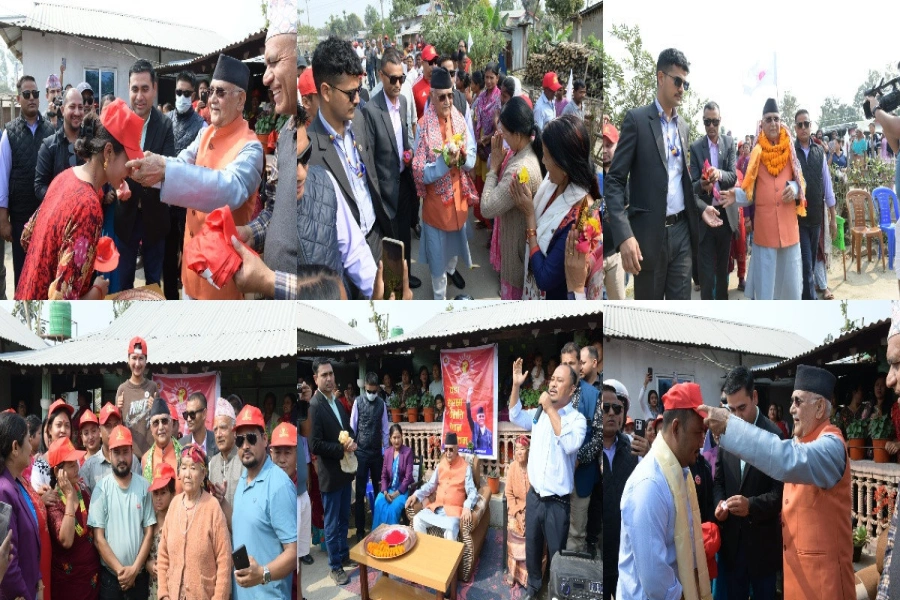WARSAW, August 8: Poland wants to make sure a new European Commission stays tough on Russia and is concerned that some European Union countries are growing increasingly friendly towards its eastern neighbor, even as the Kremlin cracks down on dissent.
“It seems that some European leaders are unaware that their activities are read as an attempt to warm up relations, and if they are, their politics are misguided,” Poland’s Deputy Foreign Minister Marcin Przydacz told Reuters in an interview.
His comments come as Russia detained over 1,000 people over the weekend during protests demanding free elections. The European Union and Poland have condemned police brutality in the protests.
Warming relations with Russia could signal to the Kremlin that Europe will let it get away with escalations, such as the annexation of Crimea from Ukraine in 2014, over time, setting a dangerous precedent, said Przydacz.
“There is no reason to invite Russian leaders to different parties or dances together...measures were put in place to encourage Russia to move away from its aggressive politics to the east of Europe...and it hasn’t even taken half a step back.”
Trump cancelling Poland trip is a blow for ruling populists

Last year, Russian President Vladimir Putin danced arm-in-arm with Austria’s foreign minister at the time Karin Kneissl at her wedding, sparking condemnation by opposition critics that said it undermined the West’s stance against Russia.
Earlier this year, Heinz-Christian Strache was forced to step down as Austrian vice-chancellor and head of the far-right Freedom Party (FPO) after German media published secretly filmed footage from a 2017 dinner party at which Strache met a woman posing as a Russian oligarch’s niece.
In the footage, Strache appears to offer to fix state contracts in return for political or financial help.
Italy’s Deputy Prime Minister Matteo Salvini also denied last month that his League party sought millions of euros from Russian investors through a secret oil deal.
Przydacz said the bloc under new leadership should listen to the concerns of central and eastern European countries as well as the Baltic states, given their proximity to Russia and their historical experiences with the country.
Russia was Poland’s master for over four decades after the end of World War Two.
Now, Poland’s foreign and defence policy is built largely on Russian deterrence, especially in the wake of Russia’s annexation of Crimea from Ukraine in 2014.
PASSPORTS
Przydacz said a Kremlin decree fast-tracking Russian passports for those living in Donbass, a region in eastern Ukraine where a separatist conflict continues, was another recent step showing Russia’s increasing escalation in aggression.
He added that, once the new European Commission is finalized in the autumn, a more concrete joint European Union position on Russian passports in Donbass could be possible.
Several EU countries, including Poland and Estonia, have either condemned Russia’s actions or individually said they will not recognize the passports.
Ukraine, in response to Russia’s decree, said it would make it easier for those who suffer human rights violations and constraints on freedom in their home countries, and ethnic Ukrainians “from friendly powers” willing to help Ukraine’s development, to get fast-track passports.




























-1200x560-1771928761.webp)









